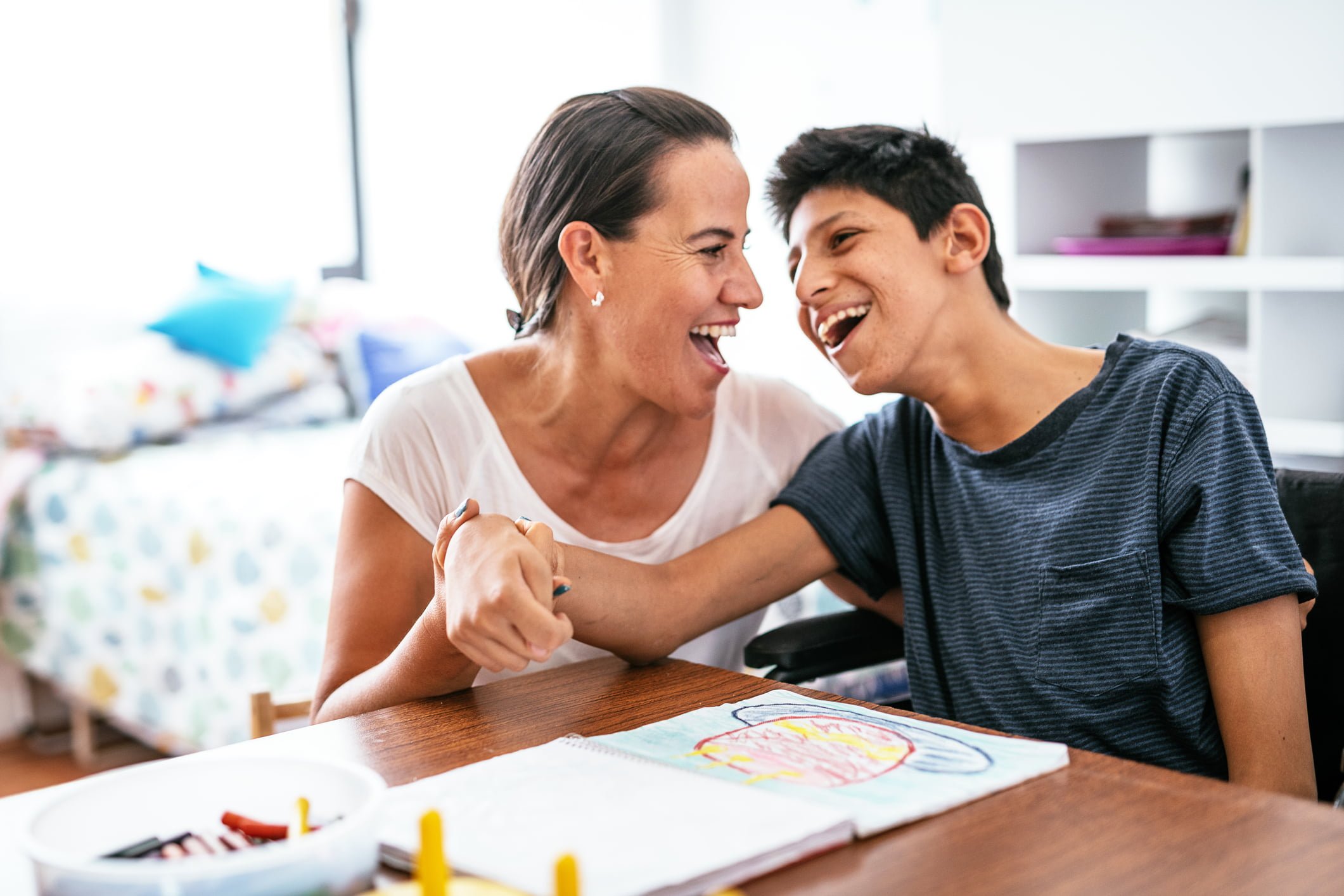Why is this research important?
This research explored the intimate relationships of people with disabilities, for example intimate friendships and romantic relationships. Intimate relationships: increase ones’ quality of life, help to reduce stress, increase self-worth and emotional well-being, and are associated with positive mental health. Knowing what helps such relationships to form is especially important.
Those with disabilities may face unique barriers in creating and maintaining intimate relationships. This study aimed to learn more about factors and supports that were associated with intimate relationships.
This research surveyed over 1400 adults with disabilities, a majority of whom had intellectual or developmental disabilities and had 24-hour support. Interviewers asked participants a number of questions relating to their intimate relationships, such as “who is there for you when you need to talk?” and “who are you closest to?” while taking into account factors such as where participants lived, marital status, and how much support they received.
Research Findings
1 FACTORS ASSOCIATED WITH INTIMATE RELATIONSHIPS
—
The research found that certain factors were associated with people with disabilities having intimate relationships. These included aspects such as living arrangement and marital status. Living alone, being married or in a civil union, and not being in a relationship by personal choice were all associated with having higher odds of having intimate relationships.
2 FACTORS NOT ASSOCIATED WITH INTIMATE RELATIONSHIPS
—
The research found that certain factors made it less likely for people with disabilities to have intimate relationships. Having behaviour support, living with host families or in a group home, being single or never married, or not being in a relationship but wanting to all decreased the odds of having intimate relationships. It was also found that as the number of housemates increases, the less likely it was for people with disabilities to have intimate relationships.
3 INFLUENCE OF ORGANIZATIONS ON INTIMATE RELATIONSHIPS
—
Organizations play a key role in increasing the odds of adults with disabilities having intimate relationships. When organizations know one’s preferences, support one in their relationships, help one to make choices and address barriers, and ensure appropriate, individual supports are in place, people with disabilities are more likely to have intimate relationships.
Practical Implications
There is great value in intimate relationships and those with disabilities may face a lack of opportunity to form intimate bonds. Segregated settings can limit community inclusion. Ensuring those with disabilities are given opportunities to form intimate relationships is of paramount importance. It is crucial that those that work with people with disabilities, as well as disability service organisations, assist those with disabilities in exploring and making choices about their intimate relationships, while supporting relationships, addressing barriers, and providing individualized support.
References
Friedman, C. (2019). Intimate relationships of people with disabilities. Inclusion, 7(1), 41-56. doi:10.1352/2326-6988-7.1.41




